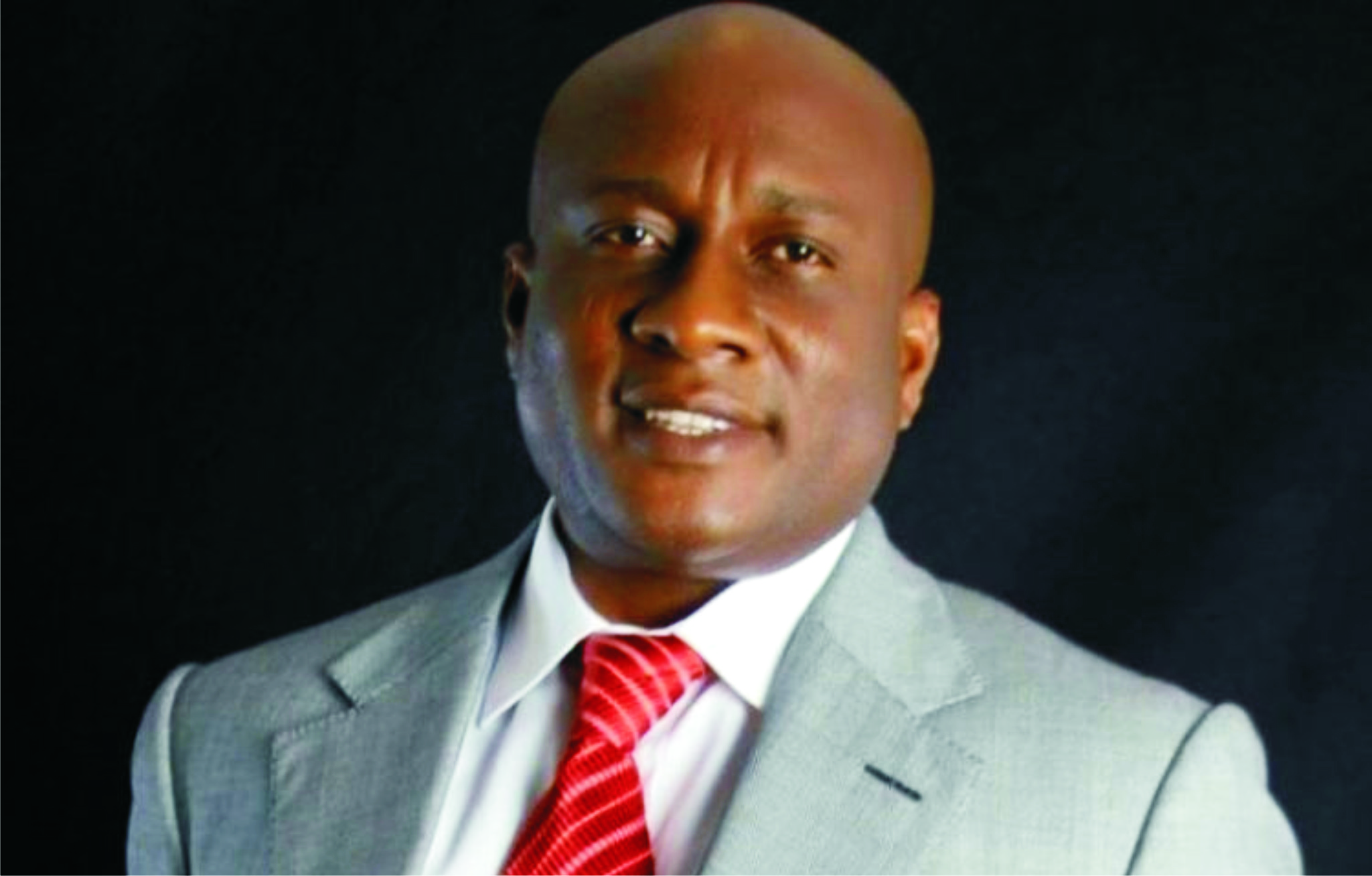Business
Air Peace Canvasses Massive Investment In Agriculture

The Chief Executive Officer of the Air Peace, Mr Allen Onyema, has underscored the need for massive investment in Nigeria’s agricultural sector to achieve the Federal Government’s diversification goal.
Onyema gave the advice on the sidelines of Israel-Nigeria Agrinnovation Seminar on Friday in Abuja.
The event, organised by the Embassy of Israel in collaboration with the Office of the Vice President of Nigeria, Prof. Yemi Osinbajo had the theme: “No room for small dreams”.
The Air Peace boss said it was high time the country started looking at agriculture as the anchor of the economy as against oil currently the mainstay, which would be exhausted one day.
“The earlier we start looking the way of agriculture, the best for us; we are blessed with massive land in the north and that is hope of this country in future.
“Forget about the desert looking land, Israel has proven that you can farm even in deserts; the Israel agric technology is laudable, it is something that can benefit Nigeria.
“If we key into it, then the country will benefit from it; the land mass in the north will someday bring this country out from its holes.
“Agriculture is the way to go and it will create massive job employment, if we can key into agriculture with the technology coming from Israel Nigeria will be exporting food.
“Even it will become the second oil; oil is extinguishing so the next hope is agriculture and nothing more,” he said.
He commended the good Nigeria-Israel relations, and called for more to be done through knowledge sharing on agricultural technology and entrepreneurship to achieve targets.
Business
Agency Gives Insight Into Its Inspection, Monitoring Operations

Business
BVN Enrolments Rise 6% To 67.8m In 2025 — NIBSS

The Nigeria Inter-Bank Settlement System (NIBSS) has said that Bank Verification Number (BVN) enrolments rose by 6.8 per cent year-on-year to 67.8 million as at December 2025, up from 63.5 million recorded in the corresponding period of 2024.
In a statement published on its website, NIBSS attributed the growth to stronger policy enforcement by the Central Bank of Nigeria (CBN) and the expansion of diaspora enrolment initiatives.
NIBSS noted that the expansion reinforces the BVN system’s central role in Nigeria’s financial inclusion drive and digital identity framework.
Another major driver, the statement said, was the rollout of the Non-Resident Bank Verification Number (NRBVN) initiative, which allows Nigerians in the diaspora to obtain a BVN remotely without physical presence in the country.
A five-year analysis by NIBSS showed consistent growth in BVN enrolments, rising from 51.9 million in 2021 to 56.0 million in 2022, 60.1 million in 2023, 63.5 million in 2024 and 67.8 million by December 2025. The steady increase reflects stronger compliance with biometric identity requirements and improved coverage of the national banking identity system.
However, NIBSS noted that BVN enrolments still lag the total number of active bank accounts, which exceeded 320 million as of March 2025.
The gap, it explained, is largely due to multiple bank accounts linked to single BVNs, as well as customers yet to complete enrolment, despite the progress recorded.

